NCSC removes over 2,000 online coronavirus scams
GCHQ offshoot also publishes cyber security advice for remote workers

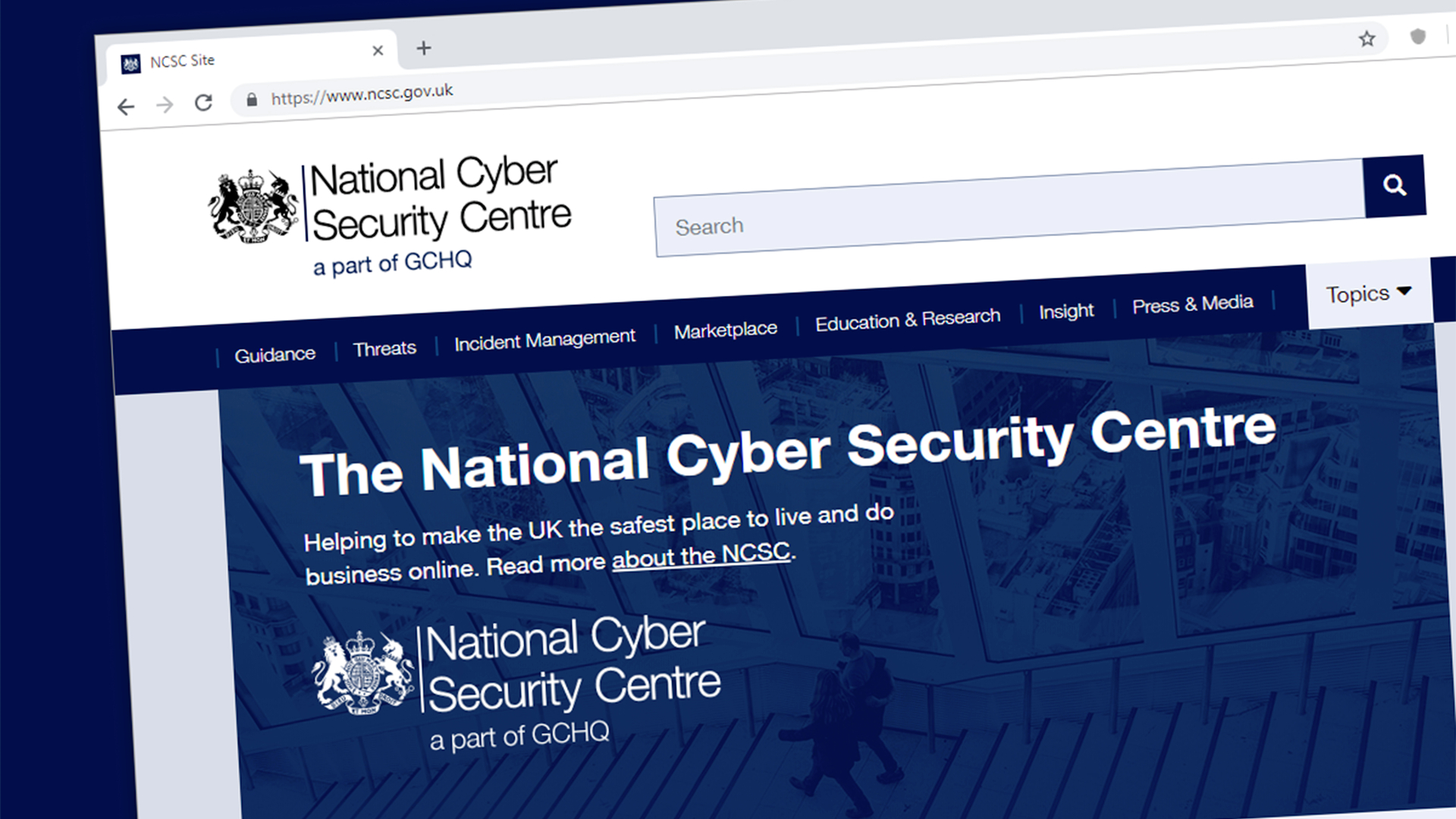
The National Cyber Security Centre (NCSC) has published new cyber security advice for people working from home during the lockdown after taking down 2,000 online scams which targeted people looking for coronavirus-related services.
Out of the 2,000 online scams, 471 were fake online shops, 200 were phishing sites and 555 were malware distribution sites. The NCSC also shut down 832 advance-fee frauds which promised a large sum of money in return for a set-up payment.
In an effort to tackle COVID 19-related cyber attacks, sparked by the influx of employees working from home due to the coronavirus lockdown, the NCSC has also released new advice for individuals and organisations hosting online video conferences.
GCHQ and NCSC alerted over Imagination Technologies Chinese takeover German government loses 'tens of millions' in COVID-19 phishing attack Hackers advertise critical Zoom Windows bug for $500,000 WebEx phishing scam spoofs Cisco to target remote workers Google warns of spike in coronavirus phishing emails
The guide for organisations includes information on how to a secure video conferencing tool and ensure the protection of video calls and other confidential work-related files,
The NCSC also advised video call organisers to take steps to verify the identity of all participants on the call and to remove them from if they cannot be successfully identified.
Digital Infrastructure minister Matt Warman warned of cyber criminals “exploiting this crisis to target people and organisations”.
“I urge everyone to remain vigilant online, follow the National Cyber Security Centre's guidance on passwords and account security, and report suspected coronavirus related scams if you see them,” he said.
Sign up today and you will receive a free copy of our Future Focus 2025 report - the leading guidance on AI, cybersecurity and other IT challenges as per 700+ senior executives
Along with the video conferencing advice, the NCSC has also launched a cross-governmental ‘Cyber Aware’ campaign, which offers advice on how to protect passwords, accounts and devices from cyber attacks, as well as the ‘Suspicious Email Reporting Service’, which will enable people to forward suspicious emails to the NCSC.
NCSC Chief Executive Officer Ciaran Martin warned that “even with the best security in place, some attacks will still get through”.
“That’s why we have created a new national reporting service for suspicious emails – and if they link to malicious content, it will be taken down or blocked,” he said. “By forward messages to us, you will be protecting the UK from email scams and cyber crime.”
Minister for Security James Brokenshire called the attempts to use the coronavirus crisis as means for cyber attacks “despicable”.
“I encourage everyone to follow the Cyber Aware advice and to use the Suspicious Email Reporting Service,” he said. “They provide important new ways in which we can protect ourselves as well as our families and businesses.”
Further video conferencing security guidance is available here.
Having only graduated from City University in 2019, Sabina has already demonstrated her abilities as a keen writer and effective journalist. Currently a content writer for Drapers, Sabina spent a number of years writing for ITPro, specialising in networking and telecommunications, as well as charting the efforts of technology companies to improve their inclusion and diversity strategies, a topic close to her heart.
Sabina has also held a number of editorial roles at Harper's Bazaar, Cube Collective, and HighClouds.
-
 Microsoft unveils Maia 200 accelerator, claiming better performance per dollar than Amazon and Google
Microsoft unveils Maia 200 accelerator, claiming better performance per dollar than Amazon and GoogleNews The launch of Microsoft’s second-generation silicon solidifies its mission to scale AI workloads and directly control more of its infrastructure
-
 Infosys expands Swiss footprint with new Zurich office
Infosys expands Swiss footprint with new Zurich officeNews The firm has relocated its Swiss headquarters to support partners delivering AI-led digital transformation
-
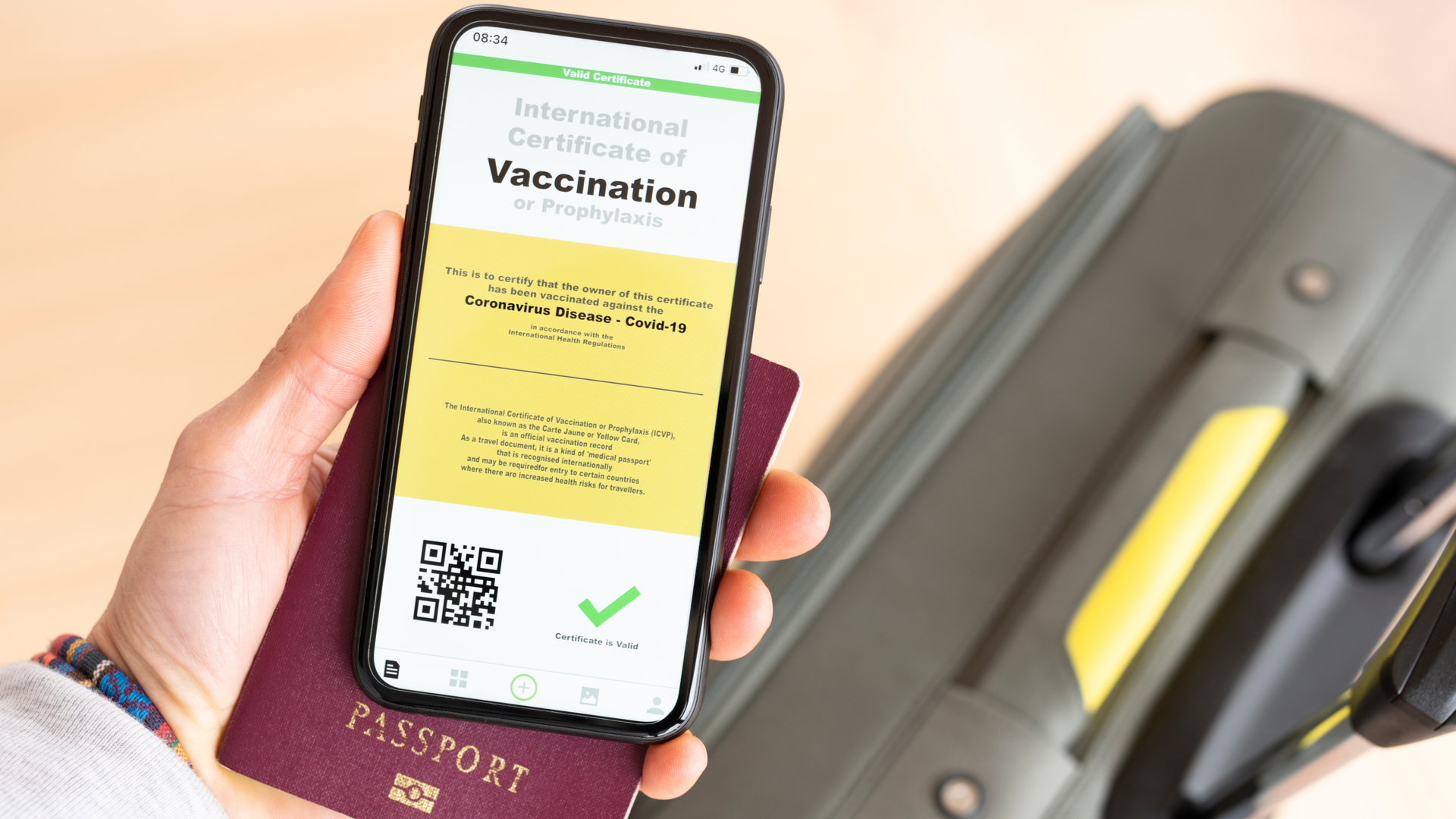 Phishing emails target victims with fake vaccine passport offer
Phishing emails target victims with fake vaccine passport offerNews Scammers could steal victims’ personal information and never deliver the illegal goods, Fortinet warns
-
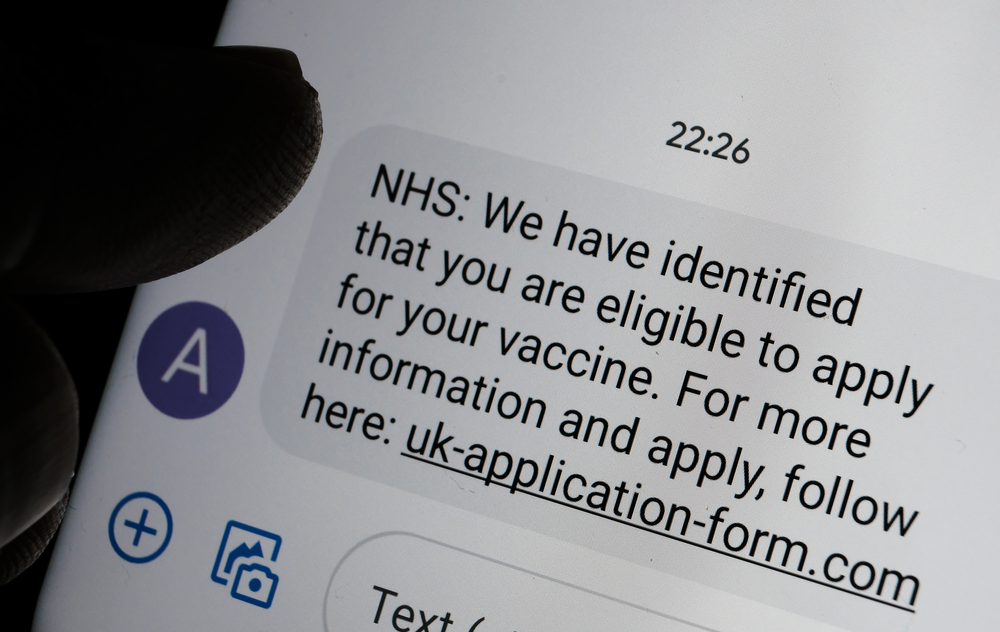 COVID-related phishing fuels a 15-fold increase in NCSC takedowns
COVID-related phishing fuels a 15-fold increase in NCSC takedownsNews The NCSC recorded a significant jump in the number of attacks using NHS branding to lure victims
-
 COVID vaccine passports will fail unless government wins public trust, ICO warns
COVID vaccine passports will fail unless government wins public trust, ICO warnsNews Data watchdog's chief Elizabeth Denham warns that it’s not good enough to claim ‘this is important, so trust us’
-
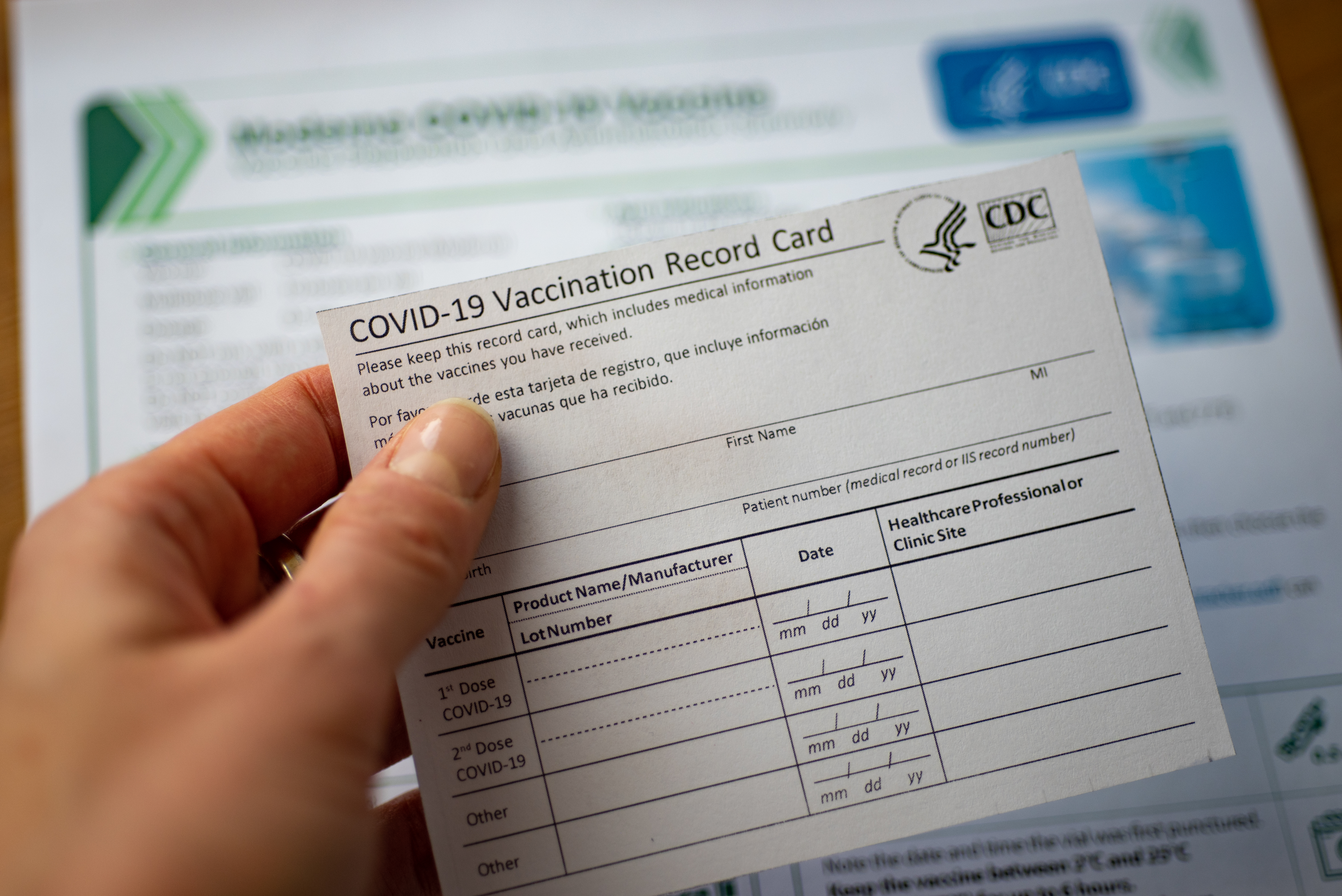 Fake COVID vaccination certificates available on the dark web
Fake COVID vaccination certificates available on the dark webNews Fast-growing market emerges for people wanting quick vaccine proof to travel abroad
-
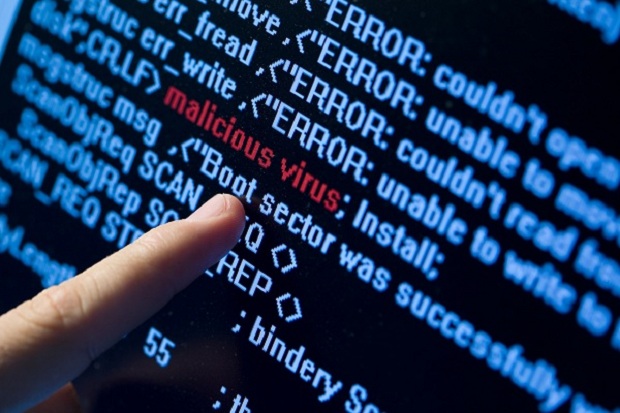 Cyber security firm saw attacks rise by 20% during 2020
Cyber security firm saw attacks rise by 20% during 2020News Trend Micro found attackers also heavily targeted VPNs
-
 Hackers using COVID vaccine as a lure to spread malware
Hackers using COVID vaccine as a lure to spread malwareNews Cyber criminals are impersonating WHO, DHL, and vaccine manufacturers in phishing campaigns
-
 Website problems slow coronavirus vaccine rollout
Website problems slow coronavirus vaccine rolloutNews Florida is the epicenter of website issues, as patients struggle with malfunctioning sites and hackers
-
 NHS COVID-19 app failed to ask users to self-isolate due to 'software glitch'
NHS COVID-19 app failed to ask users to self-isolate due to 'software glitch'News The bug is the latest in a long line of errors and glitches to plague the government's contact-tracing app
